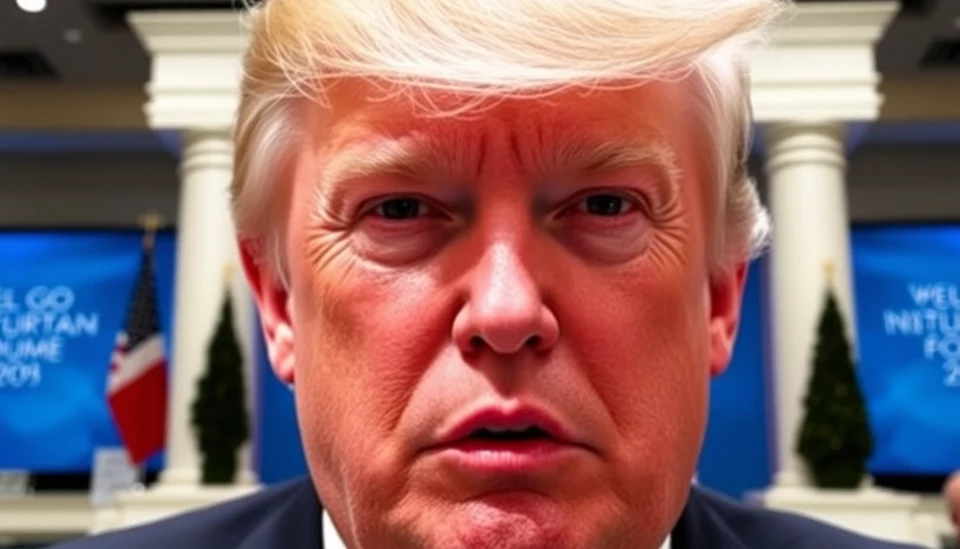
In an unexpected turn of events, former President Donald Trump made a surprise appearance at the annual World Economic Forum in Davos, Switzerland, capturing the attention of global leaders and news outlets. The event, held annually, draws influential figures from around the world to discuss pressing economic issues and promote international cooperation.
Trump took to the stage to deliver a fiery speech, where he voiced his outrage at what he termed as the rejection of conservative voices by the largest banks in the United States. His comments were particularly scathing regarding policies from major financial institutions, which he accused of prioritizing liberal ideologies over support for conservative endeavors. This assertion has sparked a significant debate among political analysts and industry leaders, highlighting the ongoing tensions between political ideologies and corporate governance.
During his address, he emphasized how large banks have purportedly marginalized conservative individuals and organizations, which he claims has created a significant barrier to success for those who align with Republican values. Trump's remarks raised eyebrows as they deviated from the typical discussions around economic growth and sustainability usually associated with the prestigious forum. Instead, he shifted the focus to what he labeled an “anti-conservative bias” in the financial sector.
His speech was filled with promises to advocate for conservative causes and ensure that the voices of like-minded individuals are heard and respected within the financial landscape. “We will not let our values be silenced,” Trump declared emphatically, reinforcing his commitment to championing the rights of conservatives in the business world.
The former president's visit to Davos also fueled discussions about the broader implications of financial institutions' inclinations towards certain sociopolitical beliefs and the potential consequences for the economy. Critics of Trump’s claims argue that financial decisions are typically driven by economic realities rather than political ideologies. However, Trump's supporters expressed agreement, viewing his comments as a necessary call for balance and fairness in the marketplace.
As the conference unfolds, reactions to Trump’s bold statements continue to generate buzz across various media platforms. Industry experts, economists, and political analysts are now closely monitoring the ramifications of his visit, particularly regarding the interactions between finance and politics. This development is anticipated to stir further debates related to the influence of political affiliations on economic policies and practices.
The fallout from Trump's address is likely to echo in upcoming political and economic discussions as stakeholders grapple with the intersection of values and business operations. As more details emerge from the event, one thing is clear: Trump's presence at Davos has undoubtedly reignited discussions on political influence in the financial sector.
As the World Economic Forum progresses, the focus will remain on how this unexpected appearance will affect both the conservative movement and the financial institutions in the United States. Observers are keen to see whether Trump’s allegations will lead to any tangible changes in how banks approach their engagement with conservative constituents.
In summary, Trump's surprise visit to Davos and the bold accusations he levied against major U.S. banks have stirred significant dialogue around the relations between politics and banking. Whether these claims will have long-lasting effects remains to be seen.
#Trump #Davos2023 #ConservativeVoices #BankingBias #WorldEconomicForum #PoliticalEconomy
Author: Victoria Adams




